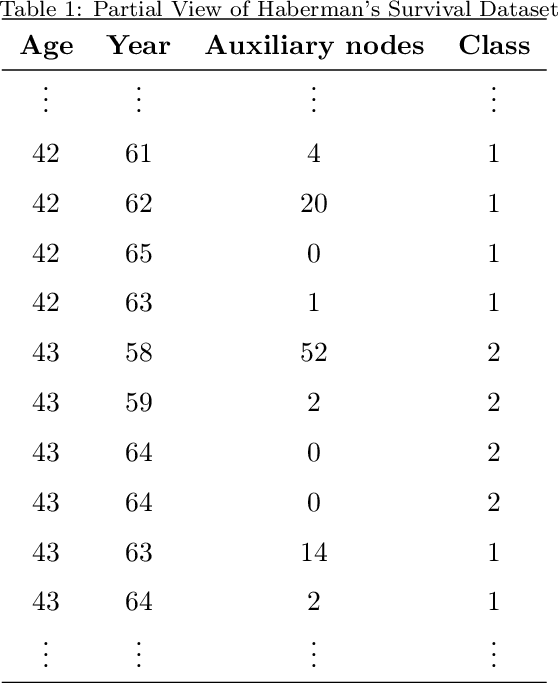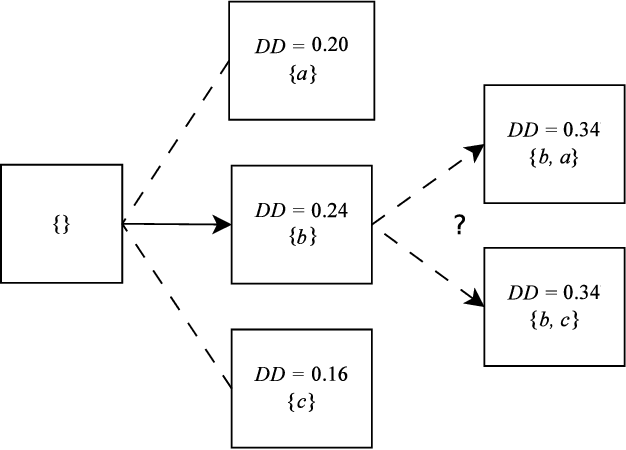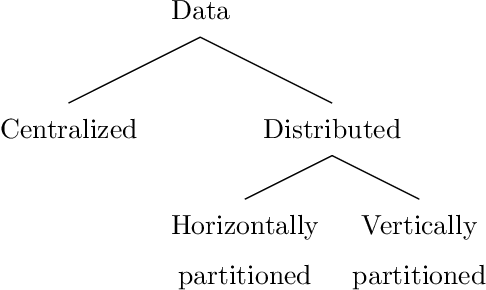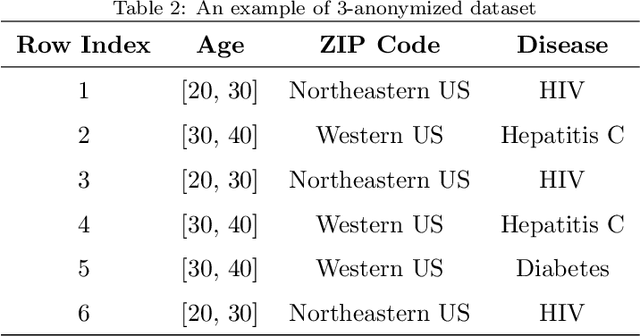Privacy-preserving feature selection: A survey and proposing a new set of protocols
Paper and Code
Aug 17, 2020



Feature selection is the process of sieving features, in which informative features are separated from the redundant and irrelevant ones. This process plays an important role in machine learning, data mining and bioinformatics. However, traditional feature selection methods are only capable of processing centralized datasets and are not able to satisfy today's distributed data processing needs. These needs require a new category of data processing algorithms called privacy-preserving feature selection, which protects users' data by not revealing any part of the data neither in the intermediate processing nor in the final results. This is vital for the datasets which contain individuals' data, such as medical datasets. Therefore, it is rational to either modify the existing algorithms or propose new ones to not only introduce the capability of being applied to distributed datasets, but also act responsibly in handling users' data by protecting their privacy. In this paper, we will review three privacy-preserving feature selection methods and provide suggestions to improve their performance when any gap is identified. We will also propose a privacy-preserving feature selection method based on the rough set feature selection. The proposed method is capable of processing both horizontally and vertically partitioned datasets in two- and multi-parties scenarios.
 Add to Chrome
Add to Chrome Add to Firefox
Add to Firefox Add to Edge
Add to Edge